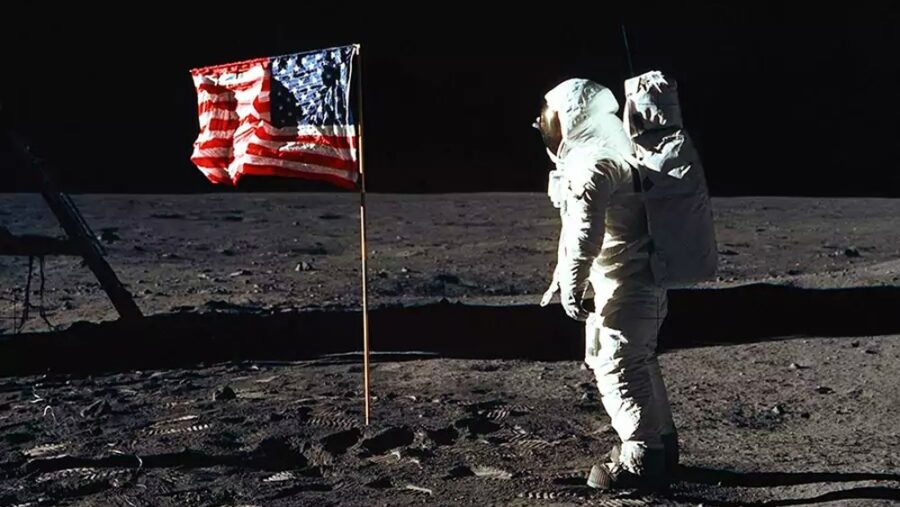The Speech President Nixon Never Delivered, In Event Of Moon Disaster

The Apollo 11 mission to the Moon, which took place in 1969, marked one of the key moments in space exploration. The lunar landing was a success, of course, and the astronauts returned safely to Earth.
It’s become one of the iconic visual moments in history with Neil Armstrong walking on the moon and taking one small step for man, one giant leap for all of mankind. These words are some of the most well-known and memorable ever spoken. It became a touchpoint for how we think about space exploration, pushing the limits of where humans could reach.
While it’s easy to take for granted now, the moon mission was risky, and success was not guaranteed. So, President Nixon’s speechwriter, William Safire, drafted a presidential memo just days before the lunar landing on June 20th, 1969.
The memo was titled “In Event of Moon Disaster.”
Safire explained the memo and the speech with Tim Russert on NBC’s Meet The Press in 1999:
At that time, the most dangerous part of the moon mission, was getting the moon module back up into orbit and join the command ship… But if they couldn’t , they would have to be abandoned on the moon, left to die there. And mission control would have to close down communication. The men would either starve to death or commit suicide.
The speech was sent to President Nixon’s chief of staff, H.R. Halderman, but since everything went well, Nixon never delivered it to the American public.
Here are the chilling words Nixon would have used had Neil Armstrong and Buzz Aldrin been stranded on the surface of Earth’s satellite.
Fate has ordained that the men who went to the moon to explore in peace will stay on the moon to rest in peace.
These brave men, Neil Armstrong and Edwin Aldrin, know that there is no hope for their recovery. But they also know that there is hope for mankind in their sacrifice.
They will be mourned by their families and friends; they will be mourned by their nation; they will be mourned by the people of the world; they will be mourned by a Mother Earth that dared send two of her sons into the unknown.
In their exploration, they stirred the people of the world to feel as one; in their sacrifice, they bind more tightly the brotherhood of man.
In ancient days, men looked at stars and saw their heroes in the constellations. In modern times, we do much the same, but our heroes are epic men of flesh and blood.
Others will follow, and surely find their way home. Man’s search will not be denied. But these men were the first, and they will remain the foremost in our hearts.
For every human being who looks up at the moon in the nights to come will know that there is some corner of another world that is forever mankind.
Even all these decades later, the potential moon landing disaster speech is a chilling read. It echoes an alternate history where the Apollo Moon mission became a worst-case scenario.
It’s easy to transpose some of President Nixon’s words into our current world, where we are beginning to push the limits of space travel further and further. Mars and beyond beckon, and it is likely that some will head out into the galactic void to never return.
If it happens, Richard Nixon’s speech could serve as a baseline or a touchpoint for crafting a message about any possible disaster. No doubt there will be issues as we push out into space.
Thankfully, with the Apollo moon landing mission it didn’t come to pass.











